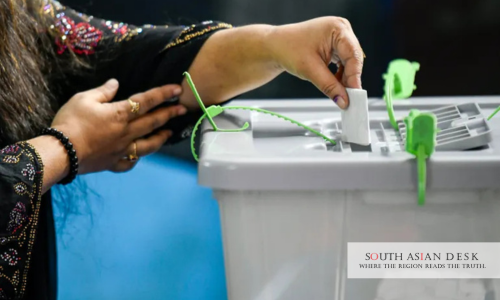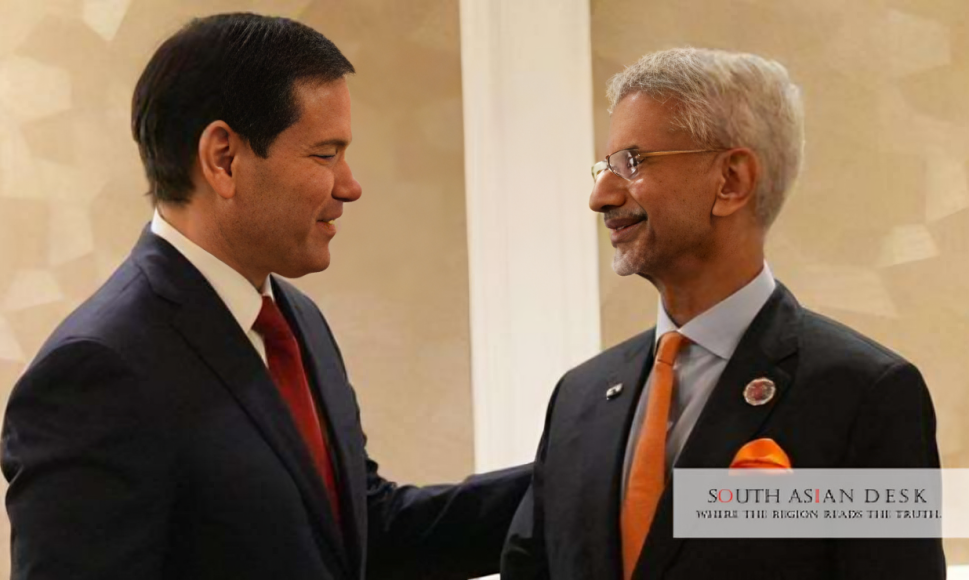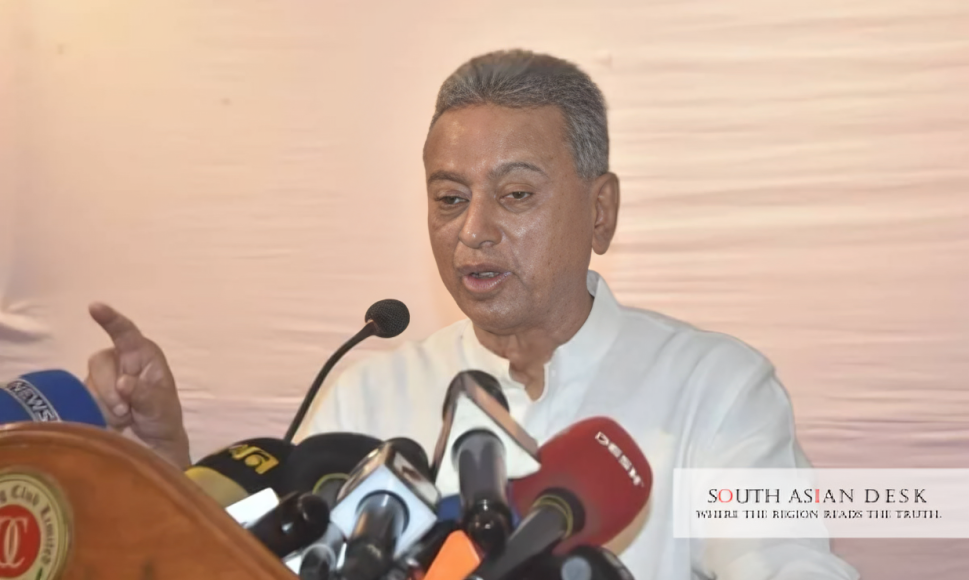Bangladesh expats voting rights took effect on Tuesday, October 28, 2025, when the Election Commission unveiled a postal ballot system. The interim government announced the move at 4:35 PM Dhaka time. It targets 15 million expatriates across the Gulf, Europe, and beyond. Why now? Post-2024 uprising reforms seek fairer polls. How? Via a new app and mailed ballots linked to National IDs.
This shift reshapes South Asian democracy. Bangladesh’s diaspora sends USD 30 billion in remittances annually, accounting for 8% of the country’s GDP. Their votes could curb authoritarian echoes, boost regional stability, and inspire India and Pakistan’s overseas workers. In a volatile neighbourhood, inclusive elections deter unrest and foster economic ties.
Overseas Bangladeshi Vote Election Impact: The Numbers
Bangladesh expats voting rights cover 15 million people, over 10% of the electorate. The Election Commission pegs its share at up to 20% in key constituencies. Remittances hit USD 30 billion in the year after Sheikh Hasina’s 2024 ouster. Chief Election Commissioner A M M Nasir Uddin confirmed that overseas citizens can vote from anywhere.
The system launches in November 2025. Users register via the Postal Vote BD app with their National ID. Ballots arrive by mail with QR codes. Voters seal and return them; returning officers open envelopes only at count time. Akhtar Ahmed, EC senior secretary, said: “Voters will register via the app using their National ID number. Once the vote is cast and sealed in the envelope, only the returning officer will open it.”
Security features include barcodes for tracking and sealed transit via the Universal Postal Union. No embassy handling reduces interference risks. Badiul Alam Majumdar, electoral reform chief, noted: “The process is like a black box. If authenticity and transparency are not maintained, the credibility of the entire election could be called into question.”
Expats Influence Bangladesh Polls: From Uprising to Urn
The influence of expats on the Bangladesh polls stems from their 2024 role. They boycotted remittances and rallied abroad against Hasina’s regime. Over 100 individuals faced detention in the UAE; many were released after the uprising. Khaled Saifullah, National Citizen Party joint convener, stated: “Expatriate voters make up more than 10 percent of the electorate. In a first-past-the-post system, that share can tip close races.”
Parties court this bloc. The BNP eyes welfare via embassies and diaspora committees. Saimum Parvez said: “The BNP envisions that every Bangladeshi embassy around the world will take on greater responsibility for the welfare of expatriates.” Jamaat-e-Islami, first to petition for these rights, proposes investment incentives. Shishir Manir added: “Jamaat was the first party to raise the issue of facilitating expatriate voters.”
The National Citizen Party pledges to implement anti-harassment measures and take on policymaking roles. Saifullah emphasised: “Our aim is simple: distance should not mean disenfranchisement.” Interim leader Muhammad Yunus affirmed the push in August 2025: the government ensures voting rights for expatriates.
Data shows clout. Since 1971, only four of the 11 elections have been rated as free and fair. Expats, often educated and networked, counter misinformation online. Their turnout could increase overall participation to 80% from 2018.
Diaspora Voices Demand Change
Interviews reveal motivations. A Dubai worker told Al Jazeera that expats seek accountability for corruption that drove them abroad, with London-based professionals eyeing youth quotas and job reforms. Gulf migrants prioritise family safety nets.
Majumdar called them “remittance warriors” vital to ousting the autocrat. A consensus was formed among the parties during the April 2025 seminars.
Diaspora Sway Next Bangladesh Election: Regional Ripples
Diaspora sway in the next Bangladeshi election could alter alliances. Their votes favour reformists, per analysts. In South Asia, this mirrors India’s 2024 diaspora push, but on a larger scale for Bangladesh’s economy.
Constitutional Article 122 grants rights sans residency bar. The 2009 Electoral Rolls Act ties votes to ancestral seats. Yet implementation lagged until now. The interim government, following the July 2024 uprising, prioritises this amid the February 2026 polls.
Challenges loom. Logistics span 160 countries. Ahmed warned of complexities: “It won’t be easy, nor can it be implemented in all countries within one election cycle.” Proxy voting discussions surfaced in March 2025.
Background: Path to Inclusion
Rights trace to the 1972 constitution. Hasina’s era stifled them via residency hurdles. The 2024 student-led revolt, killing over 300, toppled her. Yunus’s team vowed reforms, including expat enfranchisement.
Prior efforts: 2018 polls ignored overseas pleas. In April 2025, seminars unified the parties on the issue. August feasibility studies eyed postal and digital options.
What’s Next: Ballot Barriers and Breakthroughs
Registration opens soon. Parties ramp up diaspora outreach. Experts forecast a 5-7% turnout initially, with the rate rising with increased trust.
Bangladesh expats voting rights promise a louder voice abroad. If harnessed, they could forge a more accountable Dhaka, influencing South Asia’s democratic tide for years to come.
Published in SouthAsianDesk, October 28th, 2025
Follow SouthAsianDesk on X, Instagram, and Facebook for insights on business and current affairs from across South Asia.






